
Developer: Fancy Fish Games
Publisher: Whitethorn Digital
Platform: Switch, PC, PS4, Xbox One
Tested on: Switch
Aground – Review
At first glance, Fancy Fish Games’ Aground is a game that could easily be glossed over. While the eShop blurb attempts to get potential players interested with the promise of space exploration, dragons and magic, the game’s muted visuals do little to capitalize on that promise. Does Aground manage to surpass expectations or did the developers bite off more than they could chew?
Story
Through a rough opening cutscene of a few seconds, showing your character washing up on the shore of an abandoned island, Aground sets up its story without going into way too much detail. This makes sense as the central theme of the game is about starting again and building a society from scratch. You craft your own tale in the same way as your character crafts its own society. While there are story elements present, these are dependent on how you choose to play the game, and as such, there is no real story arc we can explain as there is a good chance your experience will play out entirely differently -apart from the same starting point, that is.
Graphics
It’s easy to dismiss Aground based on its graphics alone. Developer Fancy Fish Games opted for very rudimentary visuals, with muted colours to boot. As such the game looks deceptively less engaging than it actually is. Characters look virtually identical apart from a few details and creatures you fight -especially the smaller ones- can often even be difficult to identify from their sprites, which usually consist of a mere handful of pixels. Things are slightly better during the story scenes, which show character portraits but these are also very pixelated and feature virtually zero animation. It’s clear that the focus here was on gameplay rather than visually impressing the player.
Sound
Just like the visuals, Aground goes for a decidedly low-key approach when it comes to its audio. Background music seems like an afterthought and sound effects utilized are basic stock sounds. There is no voice acting present here either.
Gameplay
It’s not easy to accurately describe Aground from a gameplay perspective without going into way too much detail, as the game offers up a deceptively large amount of things to do. At the start of the game, you find yourself stranded on a seemingly deserted island. After gathering the necessary resources to set up a shelter, you find that you’re not alone as other survivors are also trying to survive. Each survivor offers their own set of skills, and Aground’s aim is to utilize these skills in order to build a new society, with your own character as its central point.
The core of Aground is built around resource accumulation, which is done in a variety of ways. The game doesn’t tread new ground here, and plays out exactly as you’d expect, especially during its opening phases. Wood is gathered by chopping trees, berries are picked from bushes and meat can be gained by killing animals. These resources are mostly gathered on the surface, and the survivors that you’ve recruited in your community are more than happy to provide their fair share of surface resources. This is a good thing, as there is a good chance that you’ll be spending most of your time underground rather than on the surface. Early in the game you attain a pickaxe, allowing you to start mining, and it is underground that you’ll find the best and most efficient resources to upgrade your community, such as coal and iron ore.
Digging for these resources uses up stamina, however, and in order to replenish stamina, you’ll need to eat food or go to sleep in the house you’ve built. This is where Aground’s cyclical nature comes into play. Surface folk are always eager to give you missions in order to improve your community. The missions typically involve gathering a number of resources -most of which are underground- and delivering them. The requester then uses these resources to set up a new structure, such as a warehouse, a farm or something similar. The new structure then provides a new advantage for your character, for example allowing access to a new resource or a more efficient way to mine, such as the construction of minecarts.
As you continue to perform these tasks you’ll gain experience and level up your character as well, increasing your stamina, carrying capacity, strength, etcetera. You’ll also become able to take on some of the more powerful creatures you encounter in combat. Combat is a very rudimentary system, which simply involves pointing your trusty axe in the direction of an enemy and chopping away. The combat system is exemplary of Aground’s simplicity. There is a lot to do here, on paper at least, but everything is implemented in a very minimalistic manner.
It may still feel a bit overwhelming at first, because despite the inherent simplicity of the individual tasks, there is still a lot to take in when you’re still getting to grips with the game. Once you find your footing, you’ll find that Aground is surprisingly engaging. The game relies on your drive to discover, by shaking things up just enough to keep you wondering what you’ll find next. In this way, Aground never becomes boring. After a while, you’ll unlock the ability to travel to other islands, for example, and the world becomes seemingly endless in scope. However, as you expand the world, the game’s lack of a fast travel feature becomes more and more apparent. Aground’s biggest flaw is how slow the game can become when you need to travel, with your character’s walking speed being far too slow. As you dig ever deeper or explore a world that grows increasingly more elaborate, moving to and from your shelter becomes a chore and travel points really would’ve helped here.
Conclusion
Given Aground’s primitive appearance, you’d think the game wouldn’t have a lot to offer. One shouldn’t always judge a book by its cover, however, and this idiom applies to Aground as well. Beneath its rough exterior lies a surprisingly engaging title that is only hampered by its lack of fast travel methods. The game’s cyclical nature relies on the player’s natural drive for exploration and manages to reward this inherent trait by ensuring there’s always something new to discover. When Aground clicks, you’ll find yourself wanting to return to the game over and over again.
Aground - Review,
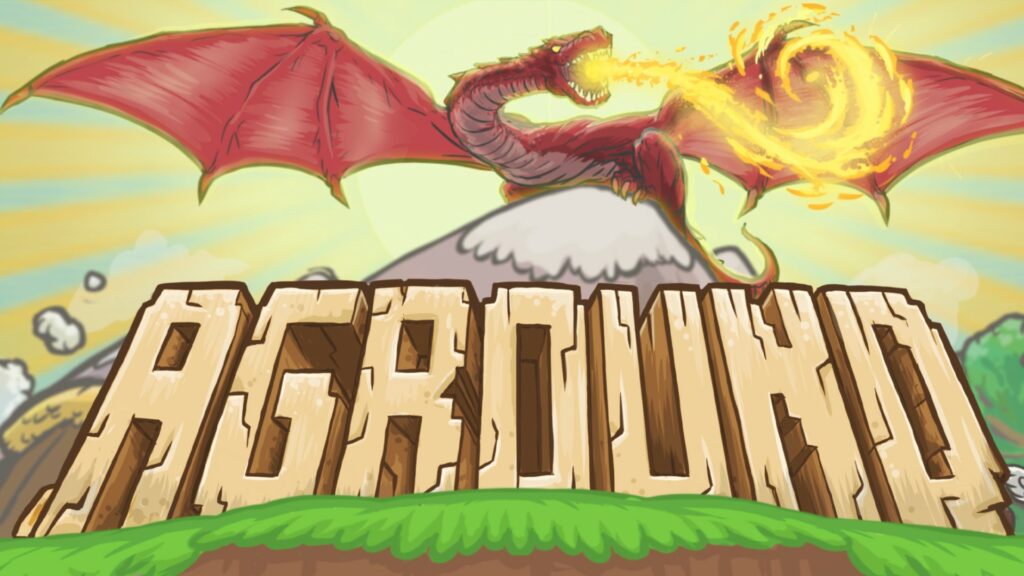
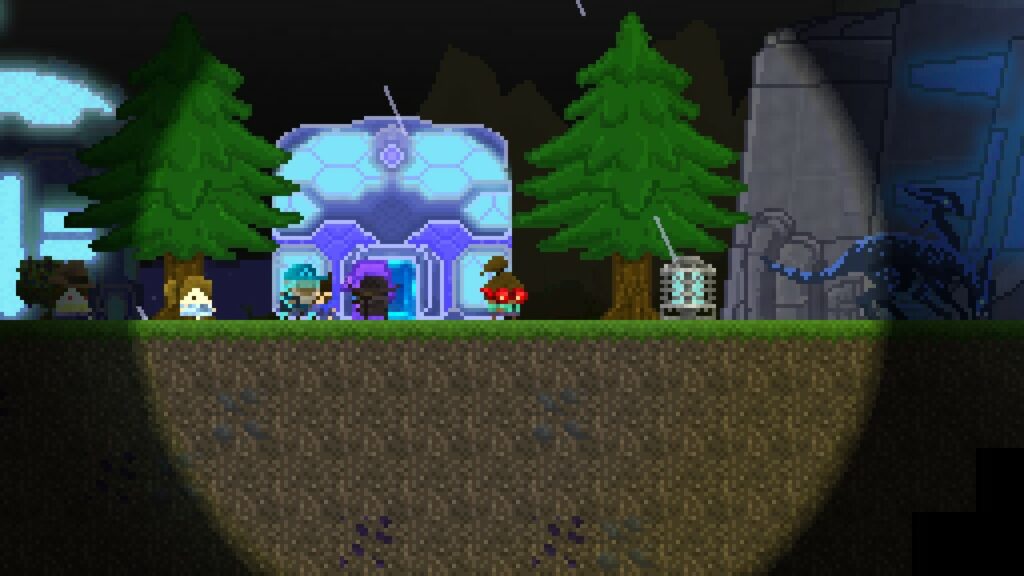
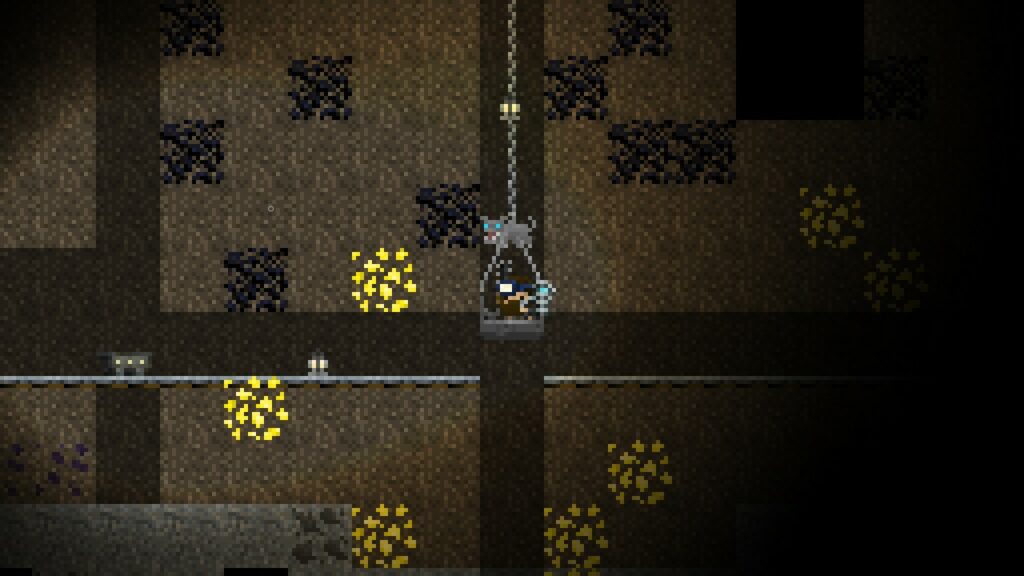
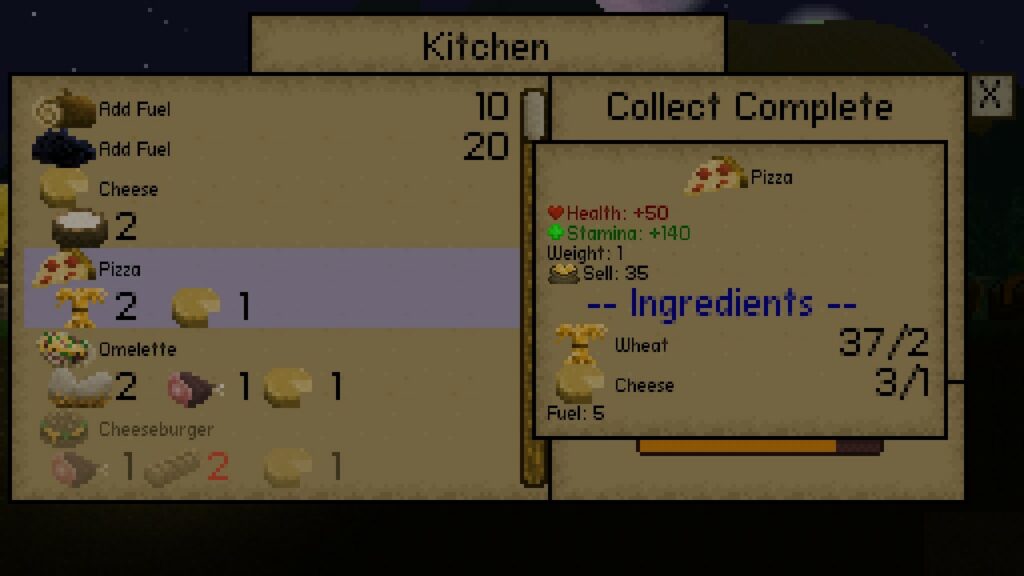
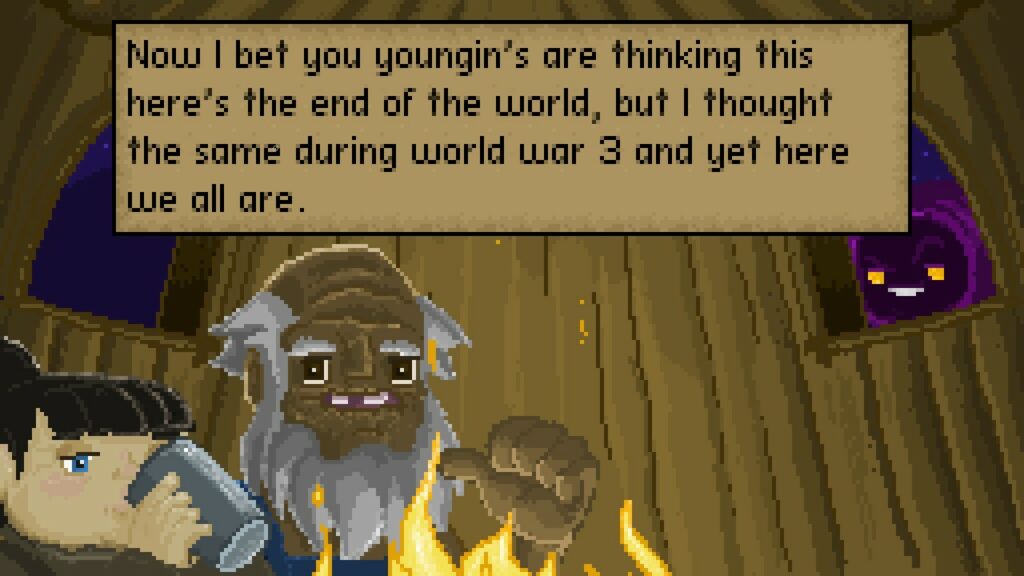

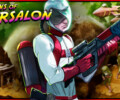
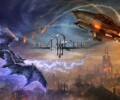
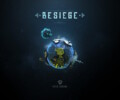
No Comments